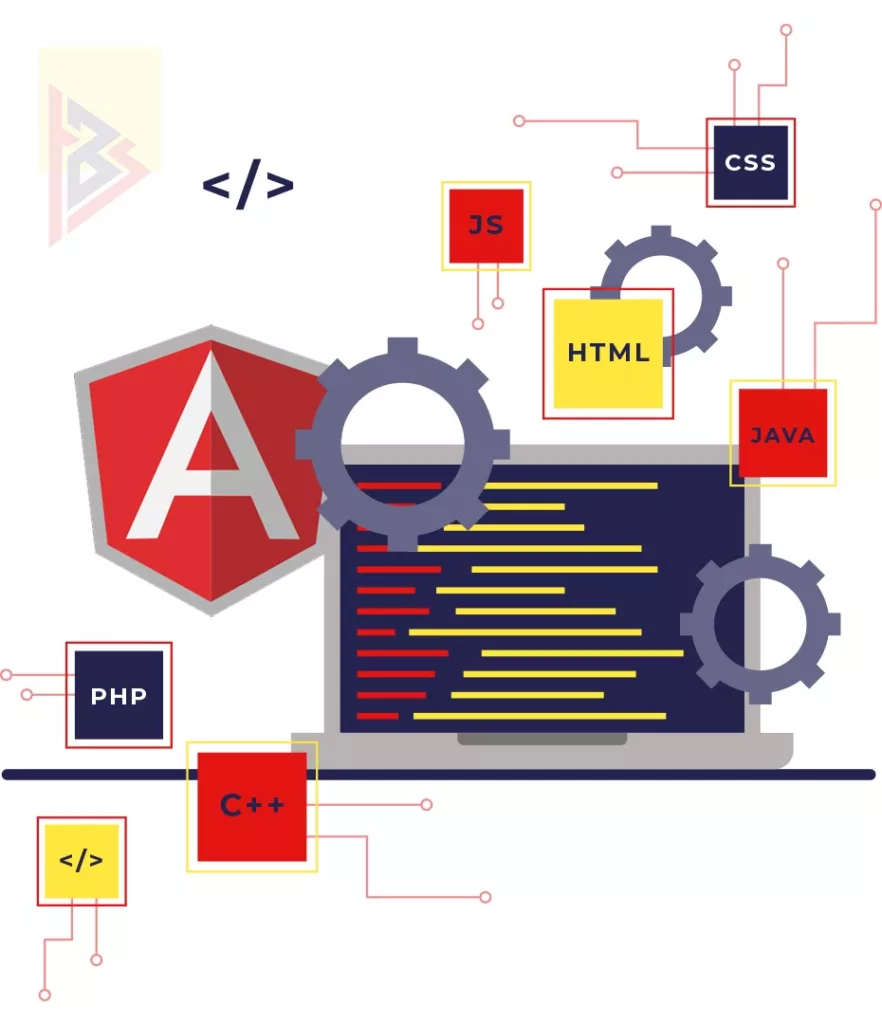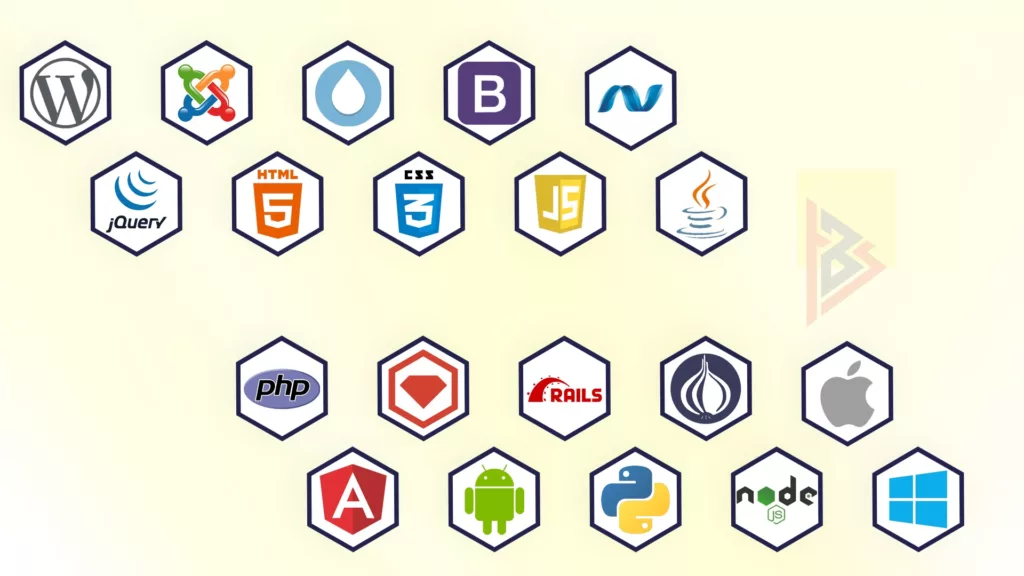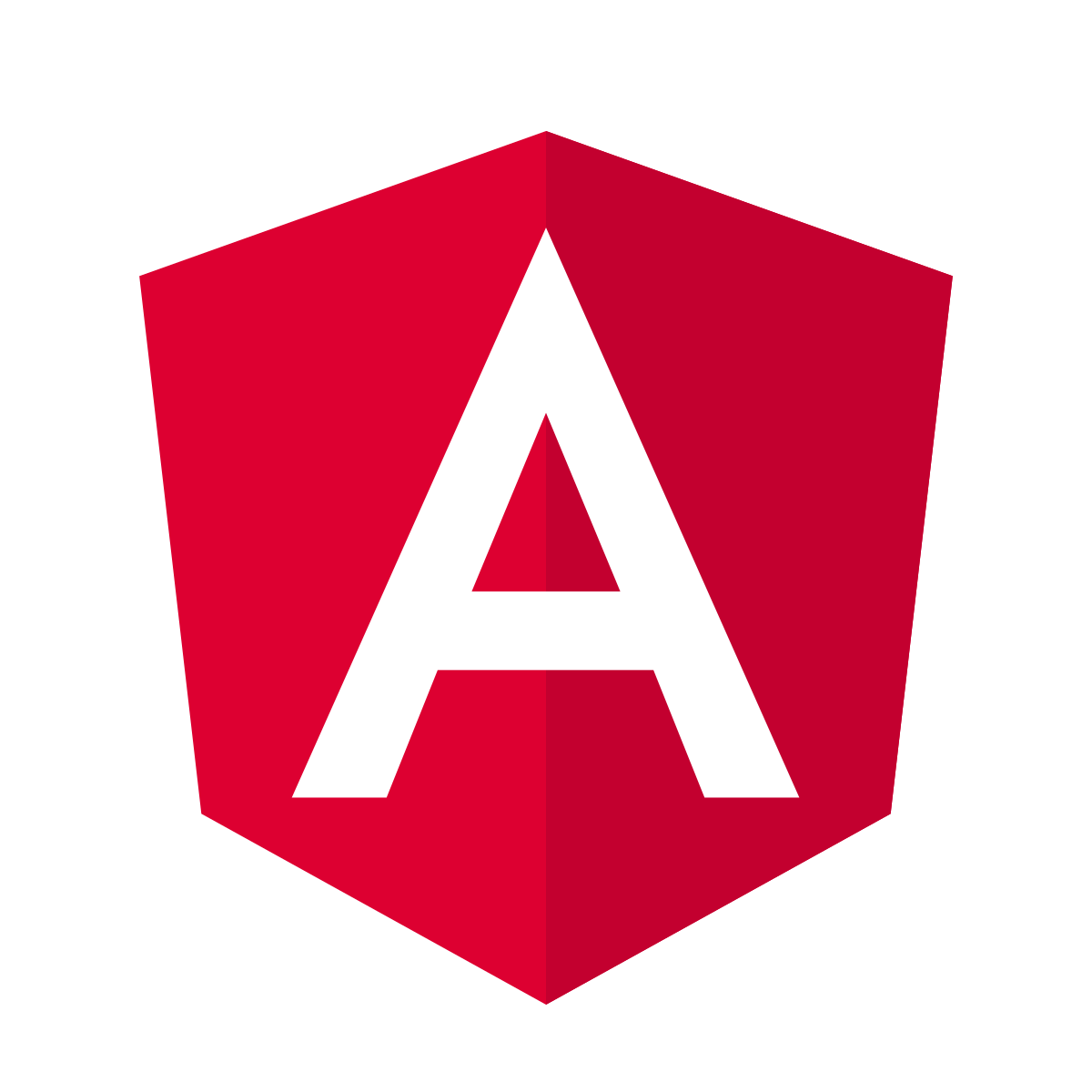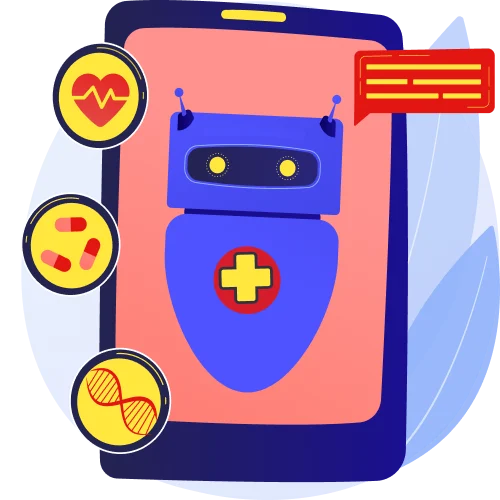It used to be that mastering one technical skill guaranteed years of employment. Nevertheless, you need a lot more than just a scripting language to develop modern software. Web development for the front end is particularly difficult.
A successful Angular developer applies several skills to the right place and at the right time for users to love the application.
What Exactly Is Angular? How Is It Related to Angular JS?
Use Open-source, TypeScript-based Angular for building web applications.
AngularJS, on the other hand, is the first Angular framework to be written entirely in JavaScript. Google introduced it in 2012 and it became incredibly popular with developers. Developers of Angular announced they were releasing a new version by building a brand new platform. The developers instead decided to call Angular 2 “Angular,” while the original Angular became “AngularJS.”
There are several key differences between AngularJS and Angular (and one major reason why developers are increasingly choosing the latter over AngularJS and its subsequent versions) including Angular’s cross-platform compatibility. It supports mobile, desktop, and web platforms (the more modern Angular framework). This comes as no surprise, considering how quickly mobile computing has taken off.
As part of the new version of Angular, there is also component architecture, a different syntax for expressions, modularity, TypeScript language support, and dynamic loading, among other features.
Plus, Angular 2 is more accessible, which is a great benefit for novice developers.
Read about the Best ASP.NET Tools To Build Mind-blowing Web Applications, here in our blog.
Who Uses Angular? Is It Much in Demand?
This chart shows that Angular is the most widely used programming language. To affirm the angular’s popularity additional statistics work very well. Some of the most notable businesses and organizations that use Angular are General Motors, Google (of course), HBO, ING, Netflix, Nike, Paypal, and Sony. Image Source https://w3techs.com/technologies/details/js-angularjs


Image Source: https://spzone-simpleprogrammer.netdna-ssl.com/wp-content/uploads/2019/03/frameworks-employers-need.jpg
What Does an Angular Developer Do?
In addition to developing Angular applications, Angular developers are responsible for:
- The development of an application that is complete and functional
- Making sure that the application performs well on mobile and desktop platforms
- Implementing JavaScript, HTML, and CSS elements in a tested and idiomatic way
- Coordinate the workflow between the HTML coder and graphic designer and the Angular developers
- Building a RESTful API in cooperation with backend developers
- Contacting external web services on a regular basis
Depending on the unique circumstances in each company, these responsibilities may be added or subtracted.
Read why Golang is the best language for AI?
How to Become an Angular Developer

What Exactly Is Angular? How Is It Related to Angular JS?
Open-source, TypeScript-based Angular is primarily used for building web applications.
While AngularJS is Angular’s first JavaScript version. Google’s product was rolled out in 2012 and was immensely popular among developers. Angular’s developers surprised everyone by re-creating the whole platform from scratch when they released their latest version. The developers instead decided to call Angular 2 “Angular,” while the original Angular became “AngularJS.”
There are several key differences between AngularJS and Angular (and one major reason why developers are increasingly choosing the latter over AngularJS and its subsequent versions) including Angular’s cross-platform compatibility. It supports mobile, desktop, and web platforms (the more modern Angular framework). This comes as no surprise, considering how quickly mobile computing has taken off.
As part of the new version of Angular, there is also component architecture, a different syntax for expressions, modularity, TypeScript language support, and dynamic loading, among other features.
Plus, Angular 2 is more accessible, which is a great benefit for novice developers.

Who Uses Angular? Is It Much in Demand?
Angular is one of the most widely used programming languages, as shown by the chart. Additionally, these statistics support the argument that Angular is extremely popular. Some of the most notable businesses and organizations that use Angular are General Motors, Google (of course), HBO, ING, Netflix, Nike, Paypal, and Sony.
What Does an Angular Developer Do?
In addition to developing Angular applications, Angular developers are responsible for:
- The development of an application that is complete and functional
- Making sure that the application performs well on mobile and desktop platforms
- Implementing JavaScript, HTML, and CSS elements in a tested and idiomatic way
- Coordination of the Angular developers, HTML developers, and graphic designers
- The RESTful API was developed in cooperation with backend developers
- Contacting external web services on a regular basis
Depending on the unique circumstances in each company, these responsibilities may be added or subtracted.
What is Angular used for and what problems does it solve?
Building complex web applications is the primary function of Angular. As well as building on mobile platforms and the web, it can be used for building universal apps (similar to the React Native architecture).
Read our article on React Native Security Threats.
Due to its web framework nature, Angular allows developers to write less code for web applications, resulting in a faster development process. JavaScript is a much more complicated language than HTML; it is declarative and intuitive.
A developer can also avoid spending time on program flows and solving problems like “which scripts must be loaded in which order”. Angular will handle what you need based on your requirements.

In addition to TypeScript’s ability to increase the maintainability of code, Angular’s performance score improves as the application becomes more complicated.
Is it similar to any other languages or frameworks?
It differs from UI technologies that were once known as “presentation layers,” including JSP (Java Server Pages), JSF (Java Server Faces), or ASP (ASP.net). On the logic layer, it is comparable to enterprise technologies such as Java/.NET.
Angular is often compared to React, another web framework. A single-page application as well as mobile apps using React are similar to those developed using Angular. The two are different, however, with React being smaller and usually requiring additional libraries for complex applications.
Also, read here, if you should select REACT or Ionic for your app development!
Compare with Vue also, in addition to the other two frameworks. Similarly, in fashion to React, Vue implements a virtual DOM with a View layer that supports additional libraries. In addition to the template style, it also has a much lighter performance than Angular. Because of this, use it for building user interfaces and solving complex problems. Angular, on the other hand, tends to focus on enterprise-scale applications.
Also Read, What is New in Angular 13?
What are its main advantages or features for all Angular developers to know?

There are many tools built into Angular that help programmers accomplish the most common tasks. Component-based UI design, communication with a back-end structure via HTTP, form handling (Angular supports both template-driven and reactive forms), and service-based application logic are some examples. Of course, there is also automated unit testing and end-to-end testing.
One thing that makes Angular special is that it’s designed for large-scale applications. As Angular uses a modular system, along with Dependency Injection, it can provide highly configurable solutions to keep applications modular, even for complex applications (though it does increase the difficulty of the application).
What Skills Does an Angular Developer Need?

There is no shortage of useful skills for the ideal Angular developer. In order to be considered highly marketable, you need to be able to demonstrate the following competencies:
- You need to know how to use JavaScript. The basis for many application frameworks, like Latin for the Romance languages, is JavaScript. Those with a good grasp of JavaScript know a little bit about other frameworks.
- Angular framework knowledge is in-depth. You must master Angular’s framework to be an Angular developer.
- New versions of the framework are released regularly, so it is essential that skilled individuals remain up-to-date.
- TypeScript knowledge is good. TypeScript in the development of Angular supersedes JavaScript. The result is fewer bugs.
- Understanding of HTML, CSS, and web markup. Understanding web markup effectively gives developers an appreciation of the interaction and positioning of elements, as well as UX concepts.
- Integration of RESTful APIs is a plus.
- Expertise in related technologies (for example, Node and Webpack). Adding these framework supplements makes developing apps easier and more productive.
- Being attentive to details. It is more likely that developers who can pay attention to all the small details and instantly identify even the tiniest error will write excellent code.
- Communication skills are excellent. Communicating with others is an essential skill for a competent developer, including understanding the needs of others for an application. Keeping everyone in the loop is essential.
- The ability to work in a team. A team member’s ability to work well with others is a communication skill. There can be people who know how to communicate their ideas as a separate skill from communication. It is difficult to share responsibilities, assign tasks, and coordinate efforts with others.
Read About .NET 6 here, in our blog.
10 Skills Required to be a Proficient Angular Developer
1. Typescript

A community of Google developers have collaborated to develop Angular and it is provided as open-source software. The AngularJS framework is based on AngularJS, while Angular uses TypeScript.
The static type system of TypeScript is its programming language. This allows you to avoid coding errors and create readable code by creating your types using interfaces.
Additionally, it is impossible to ignore the advantages of automatic code completion in modern IDEs. Additionally, the Angular team provides the TSC (TypeScript Compiler), which enables check and auto-completion of templates inline and externally, with the in-house language service. There are plugins for most IDEs (VSCode, Sublime, and Webstorm).
2. CSS/ SCSS/ SASS
Web design skill is also essential to Angular. CSS (Cascading Style Sheet) and SCSS (Sassy SCSS) are scripting languages that have different extensions that allow you to create amazing design styles.

.css and .scss are respectively the extensions of the files. In contrast to traditional CSS, SCSS provides more features. Angular developers should also use SASS (Syntactically Awesome Stylesheets). A lot of variables, loops, and functions are available in the SCC preprocessor.
3. Tailwind SCC
The arsenal of tools and frameworks you have when creating a responsive web design won’t suffice. With Tailwind SCC, you can have various design types straight in your markup, such as Flex or Pt4.

4. RxJS
Reactive Extensions for JavaScript (RxJS) is a library that offers a wide range of operators. These allow code to connect synchronously (event-based) and asynchronously. In addition to observable sequences, RxJS also allows queries in the form of LINQs. Angular developers need to be adept at using this library for state management.

Source sequences of data from files, web services, system notifications, or event streams such as user input. Observable sequences are the data sequences that Reactive Extensions present to you. Send asynchronous notifications by an application when new data arrives.
5. Docker

Free software like Docker simplifies Angular application deployment, making it a must-know free program. The Docker system containerizes web applications (creates containers) in order to make deployment more accessible and faster.
Docker requires code, runtime modules, system tools, and system libraries installed on a computer to function.
6. Jenkins

Every Angular developer should know about this powerful tool. CI/CD is the process of integrating software components into an application program by performing continuous integration and continuous delivery (CI/CD).
Jenkins is also free to download and install, and the Jenkins community provides support. It includes thousands of plugins to make your life easier.
7. Firebase
Angular developers should also be familiar with Firebase. Use the platform to develop mobile and web applications. Currently, Google is behind it.
Through a Software Development Kit (SDK), it facilitates the creation of tools and infrastructure so that developers can offer functions on various platforms more effectively and efficiently.

8. JHipster

Hipster is a Java extension to Java, and it is useful for Angular developers for a number of reasons. The first thing you must know is that JHipster is free and open-source software that helps you create web applications with structured source code using CRUD operations.
Additionally, there are numerous options for user management and microservices in this application, which simplifies development. The product supports Elasticsearch, WebSockets, NoSQL databases, and auto-deployment to Heroku, AWS, OpenShift, etc.
9. The Ability to Estimate
Of course, the estimates are always project-specific. So many project aspects require attention and thorough estimation that it is a skill you can’t do without. For instance, communicated requirements (with your client) and their technical specifications, required architecture, implementation, tests (what, how + how much), documentation (developers + user), and quality estimations. The list can go on, but you get the point. The ability to make correct estimations is a vital one for Angular developers.
10. Love What You Do
There are a few things that every technology professional in the IT field should know that are universal to Angular developers. A passion for the technologies and frameworks you use is necessary for creating practical and meaningful projects. You may have the chance to do that, but sooner or later you will increase your risk of burnout and dissatisfaction with work if you don’t enjoy what you do.

Where should you hire Angular Developers?
Angular developers have become more convenient to hire with the evolution of the technology we’re using today. You may find it boring and time-consuming to hire an Angular developer locally. Angular development companies are the best choice for companies.
You can hire remote developers to work on your web application development project from a pool of highly skilled and experienced Angular developers.
It is the ideal option for companies looking for skilled Angular developers for short-term projects and who do not want to have their own Angular team. As a result, we can develop Angular projects from the start and on a turnkey basis.
Web & mobile applications with Angular promise several advantages. With our Angular engineers, TechnoBrains builds business applications with Angular that are successful. Angular developers from TechnoBrains can enhance your front-end processes and develop highly responsive web & mobile applications for you, as TechnoBrains has a large pool of highly skilled angular developers.









